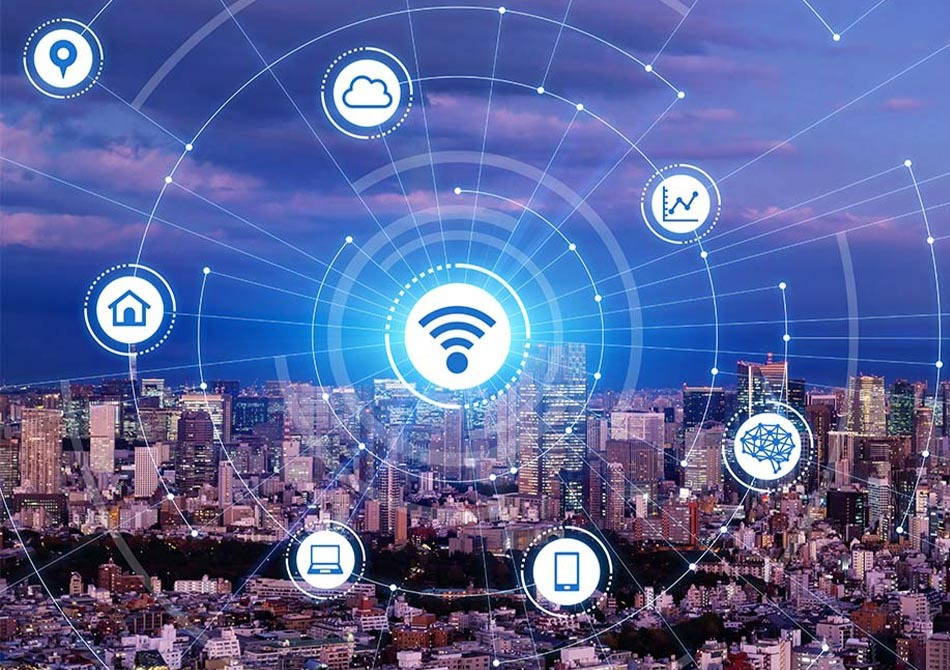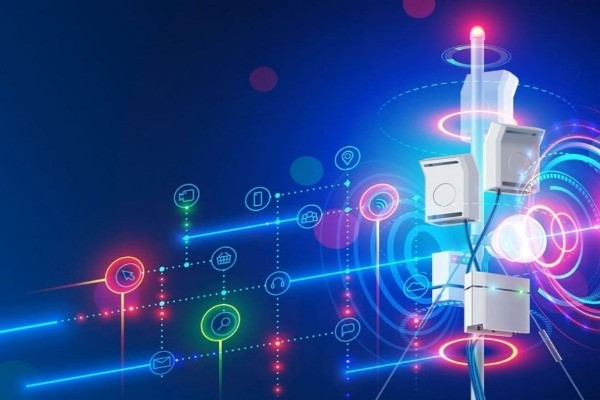
The advent of 5G technology promises faster speeds, lower latency, and a massive increase in the number of connected devices. However, the deployment of 5G networks poses significant challenges, including the need for greater computing power, storage capacity, and network bandwidth.
Today, around the world , micro data centers have emerged as a comprehensive solution to these challenges, providing a flexible, scalable, and cost-effective way to support 5G infrastructure.
Micro data centers, also known as data center hubs, are small, self-contained facilities that deliver computing, storage, and networking services directly to the point of consumption. Unlike traditional data centers, which are typically large, centralized facilities located in remote areas, micro data centers can be deployed in urban areas, close to end users. That proximity helps reduce latency — which is critical for many 5G applications such as autonomous vehicles, telemedicine, and real-time analytics.
One of the key advantages of micro data centers is their modularity. Micro data centers can easily scale to meet changing 5G network demands. This flexibility allows telecom operators to deploy the right amount of infrastructure in the right place, optimizing investment and reducing waste.
Furthermore, micro data centers can be prefabricated and delivered as ready-to-use modules, reducing deployment time and costs.

Another key advantage of micro data centers is energy efficiency. They are designed to use less energy and cooling than traditional data centers, significantly reducing the operating costs and environmental impact of 5G networks.
Some micro data centers even use renewable energy sources, such as solar or wind power, to increase sustainability.
Micro data centers also have a high level of security. They are equipped with advanced security features such as biometric access control, video surveillance, and intrusion detection systems.
Additionally, decentralizing data processing and storage in micro data centers reduces the risk of single point failures, increasing the resilience of 5G networks.
Along with the benefits, deploying micro data centers also comes with challenges. They require significant initial capital investment, while their small-scale deployment can limit their capabilities. However, with the rapid advancement of technology, these issues are expected to be overcome in the near future.
Overall, micro data centers are a promising solution to the challenges of 5G deployment. They offer flexible, scalable, and energy-efficient deployments to support 5G infrastructure with high levels of security and resilience.
As the demand for 5G services continues to grow, the role of micro data centers in the telecommunications industry will become increasingly important.
(According to Kingston)

Source





























































































![[Infographic] In 2025, 47 products will achieve national OCOP](https://vphoto.vietnam.vn/thumb/402x226/vietnam/resource/IMAGE/2025/7/16/5d672398b0744db3ab920e05db8e5b7d)





Comment (0)